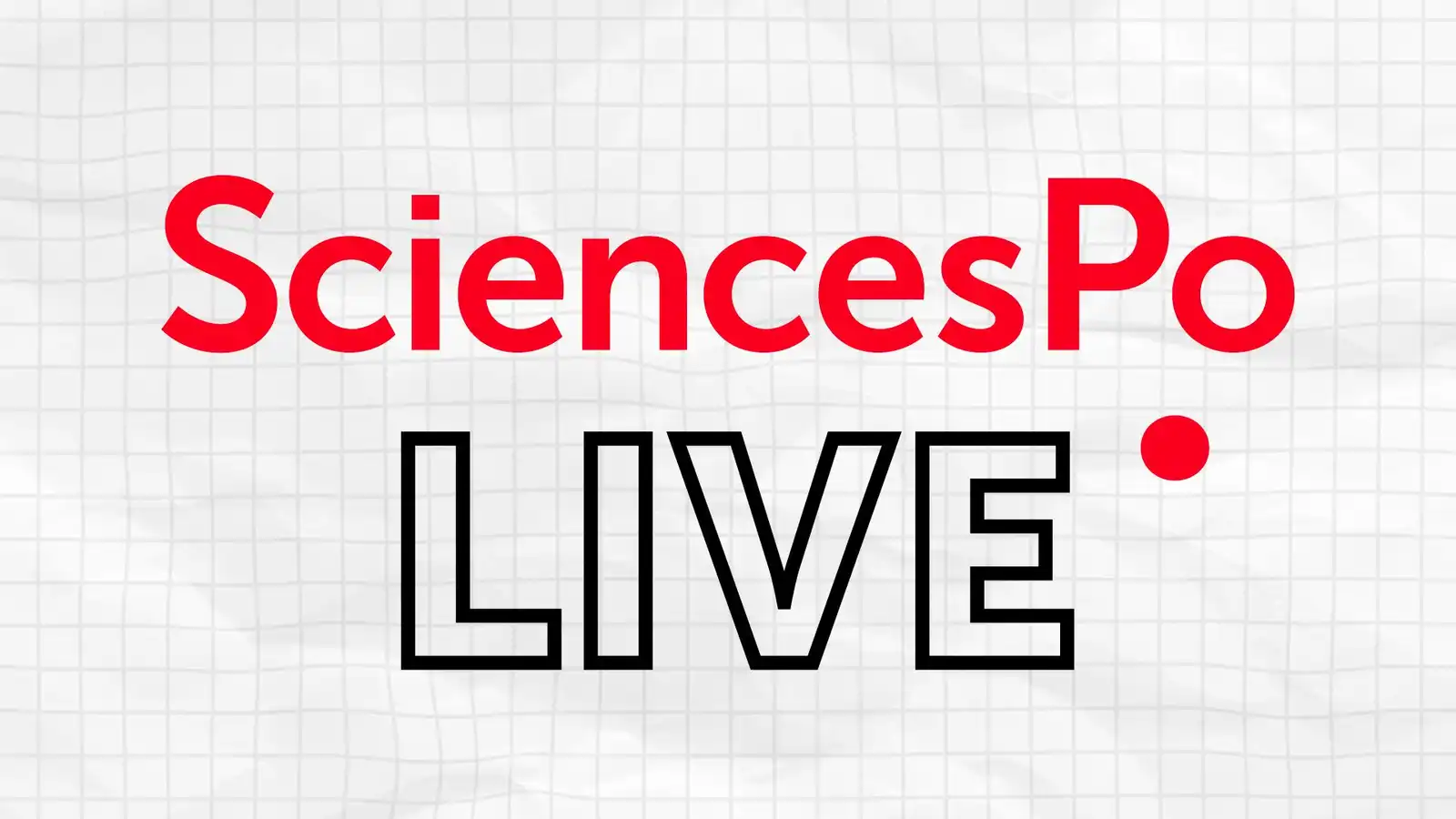
Home>Academics>Two-Year Master's Programmes>The 11 Policy Streams of the Masters>Master, Policy Stream: Economics and Public Policy
Master, Policy Stream: Economics and Public Policy
Virtual Graduate Open House day, October 2025

On 18 October 2025: meet faculty members, students, and representatives from admission and student services and learn more about our Master’s programmes.
General Objective of the economics and public policy stream
As one of only two policy streams at the School of Public Affairs characterised by a clear disciplinary focus, the Economics and Public Policy (EPP) policy stream allows future policymakers to develop a holistic understanding of the theoretical, empirical and contextual foundations of modern policy-making, be it in economic contexts or in application of quantitative and/or economic analysis to adjacent sectors and institutions. Students consolidate an understanding of foundational microeconomic and macroeconomic principles, develop mastery of quantitative analysis and all relevant coding skills, and acquire an critical understanding of interdisciplinary and intersectoral challenges to goal-effective policy-making in a world dominated by increasingly complex issues and challenges. Students will be challenged to harness and hone these and other professional skills through coursework that combines a series of projects and analytical tasks embedded in a variety of professional contexts, as well as in their own professional experiences possible during the two-year programme. Ultimately, the EPP policy stream aims to, through a rigorous and intensive programme, prepare students to be analytically astute policymakers with the interdisciplinary and socio-scientific agility needed to succeed at the national, European and international level.
Programme of the Economics and Public Policy stream
The Economics and Public Policy stream is a four-semester programme with three semesters of taught courses and a fourth semester dedicated to external personal and/or professional development.
- The first semester focuses primarily on the acquisition of and harmonisation of knowledge in foundational concepts and skills in microeconomics, macroeconomics, mathematics, quantitative/analytical methods and coding, as well as the development of a cross-disciplinary understanding of how economic policy is situated in the larger web of modern policy-making.
- The second semester focuses on connecting economic theory, empirical knowledge and applied skills with contextual case-studies and applied projects. Students further consolidate existing knowledge and skills, and the semester culminates in the presentation of a policy project that spans the first two semesters and a number of classes.
- The third semester focuses on specialisation in chosen economic subfields: international economics, macroeconomics and/or applied microeconomics, where the focus is applying more advanced knowledge
- The four semester allows students to use these skills in yet a new, more professional context – be it a 14-week internship, a personal project related to public policy, an exchange semester or a Master’s research thesis.
Over these four semesters, the programme of the Economics and Public Policy stream allows students to acquire, develop and hone mastery in a number of theoretical and applied subfields of economics. A non-exhaustive list of these subfields:
- Microeconomics and competition economics
- Macroeconomics
- Applied policy evaluation and econometrics
- Behavioural policy
- Political economics
- International finance and economics
- History of economic policy
Students can also expect to garner expertise in a number of specialised sectors, through access to electives from other policy stream as well as a selection of in-stream electives with intersectoral focus. A non-exhaustive list of these sectoral collaborations:
- European competition policy
- European economic challenges
- Growth and innovation policy
- Monetary policy at the central bank levels and risk analysis
- Health and economics of the public sector
- Education policy
- Labour and employment policy
- Social policy and policies against discrimination and inequality
- Development economics
- Economics of sustainability
While we have no explicit entry prerequisites for the policy stream, students are advised that a strong quantitative and economics background, independent of knowledge of analytical tools and coding, best places students to do well in this policy stream. While by no means prohibitively or exclusionary, please note that if you are interested in the Economics and Public Policy stream, the following mathematical and economic concepts will be assumed to be acquired by the start of the first semester during M1:
- Calculus (definition of a function; limit and continuity; derivatives and differentials; static optimization; integrating a function; sums and series)
- Matrices (matrix calculation; matrix transpose and inversion)
- Statistics (sets; probabilistic models; conditional probabilities; discrete, continuous and normal random variables; covariance)
- Econometrics (ordinary least squares estimator)
- Microeconomics (consumer and producer theory; market failures; basic notions of game theory)
- Macroeconomics (basic understanding of growth models; business cycles; fiscal and monetary policies)
A compulsory math and coding camp in the week preceding the first semester of M1 is designed to allow students to refresh their knowledge of these notions but is by no means a replacement to prior work on these notions.
Students also have the option to take certain classes offered by the School of Research from their second semester onwards, if approved by the academic advisors and according to space available. Nevertheless, it is important to note that a doctoral dissertation cannot be pursued at the School of Public Affairs; candidats who wish to follow this path are invited to apply to the School of Research directly.
Course Programme of the economics and public policy stream
Master in Public Policy - Economics and Public Policy stream:
Master in European Affairs - Economics and Public Policy stream:
Career opportunities after the economics and public policy stream
Graduates from this policy stream pursue careers in a variety of fields related to economic policy making in governmental organizations, international organizations, public agencies, development agencies, European institutions. It also meets the needs of highly trained economists working in the private sector, for instance in banking, audits/consultancy, corporate sector, public-private partnerships, or non-governmental organizations.
Scientific advisors of the economics and Public policy stream

Roberto Galbiati - Researcher, National Center for Scientific Research (CNRS)
Roberto Galbiati's research is focused on the intersection between different social sciences and economics to understand the legal environment and how laws shape economic and social behaviour. He is published in major economics journals such as the Journal of Political Economy, the Economic Journal, the Journal of Public Economics and the American Economic Journal, among others. At Sciences Po he teaches courses in Law and Economics and in Social Economics.

Francesco Saraceno - Senior Economist, Deputy Director OFCE
Francesco Saraceno's main research interests include the relationship between inequality and macroeconomic performance, European macroeconomic policies, and the interaction between structural reforms and fiscal and monetary policies. He has published in the Journal of Public Economic Theory, the Journal of Economic Behavior and Organization, the Journal of Evolutionary Economics, and Structural Change and Economic Dynamics, among others. At Sciences Po he teaches courses on Economics of European Integration.
Contact
- Academic Advisor: Zydney Wong
- Academic Assistant: Laura Debard
